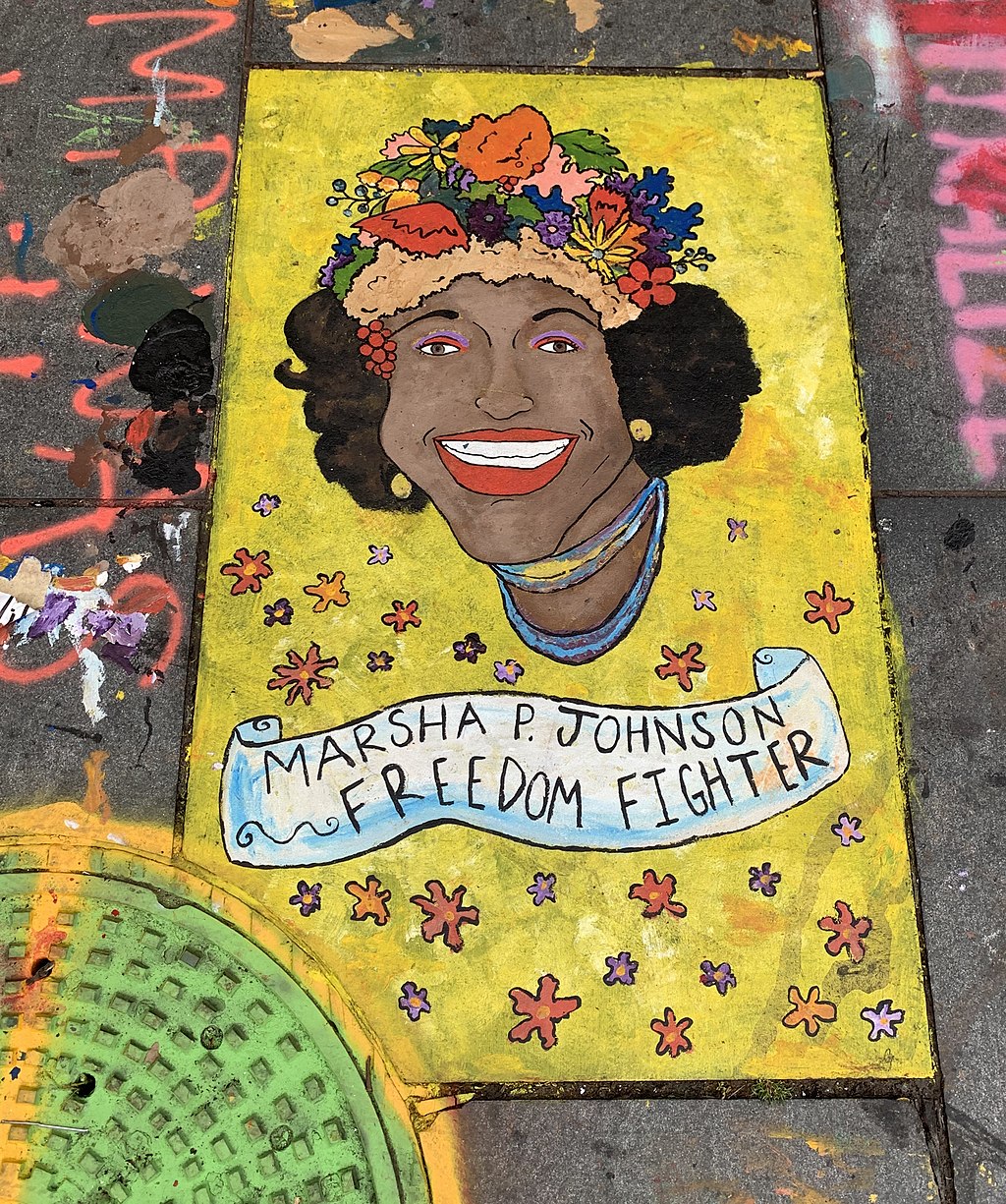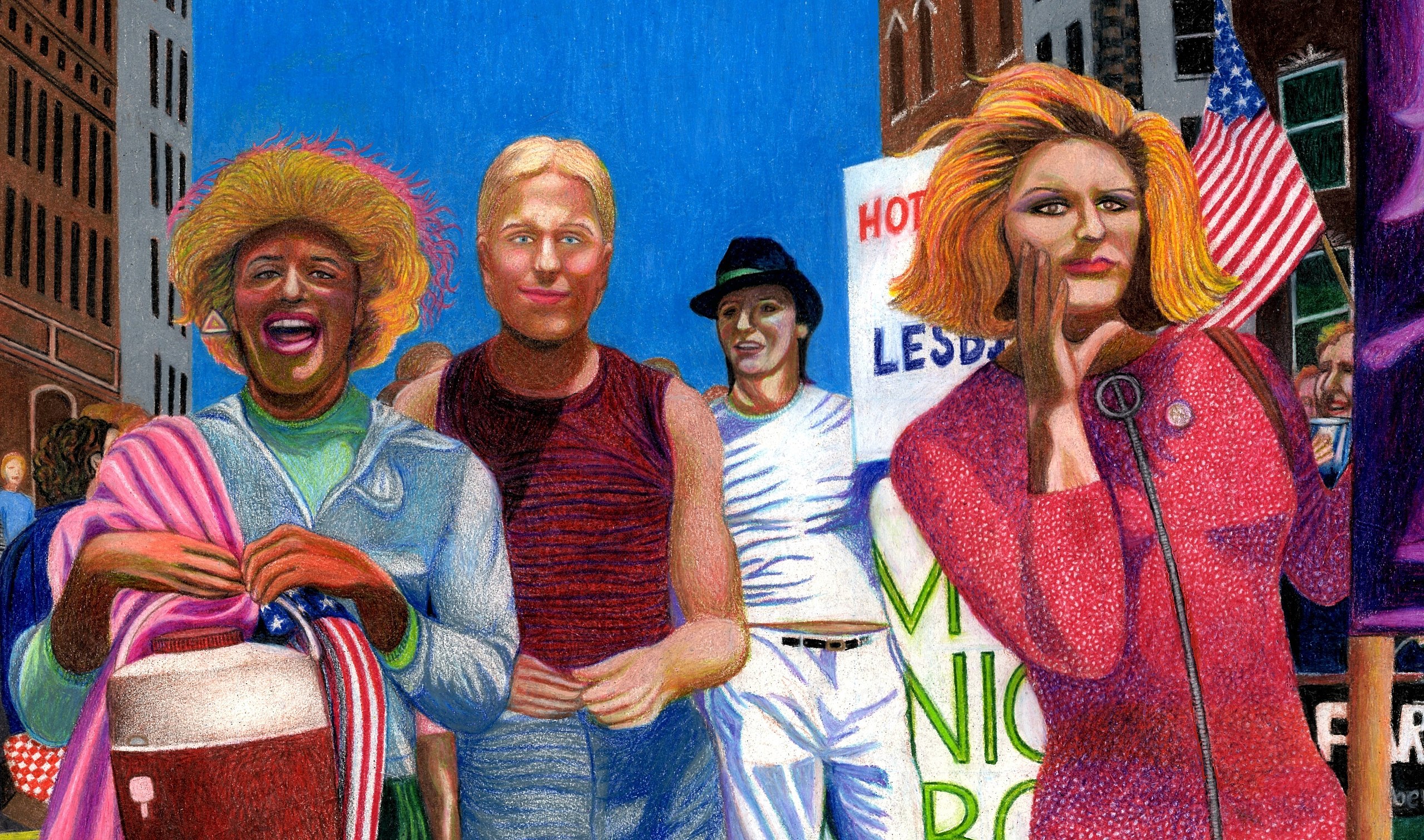June has become a dedication to loud corporate campaigns that wash logos in rainbows while pushing superficial messaging. Pride month was built on the activism and the valor of trans people, Black communities, Indigenous people, and people of color (also known as BIPOC), groups that are neither represented nor supported by these campaigns. Pride should serve as a testament to those who imagined and contributed to a more inclusive and intersectional United States. Above all, telling these stories and translating them into actionable social change is the future of Pride. Yet, this is not happening.
Each and every June, corporations run to sponsor parades, get commercial time, and increase their public-facing brand of inclusion and identity. But none of these actions speak to the social and political change that gave birth to our celebration of sexuality and gender identity. Corporations like Toyota, AT&T, and Amazon have sponsored some of the largest pride celebrations across the country while also donating to some of the most homophobic political campaigns.
The hypocrisy of corporate pride sponsorship stretches across the nation, to the most powerful household brand names and the most far-right political ambitions. This month, Data for Progress released their Corporate Accountability Project, an assessment of Fortune 500 Companies’ pride commitments imposed against their political commitments. The report found that the most robust pride funding came from organizations that donated to anti-gay political ambitions including trans-exclusive sports legislation, the omittance of queer language in schools, and discriminatory healthcare bills. Data for Progress also released some public polling in coordination with this research, which indicated the majority of consumers would not support a brand that gave to anti-gay political endeavors. So the solution for these board rooms? Forward-facing empty messaging 30 days out of the year.
This disconnect — or ignorance — is because there are no standards of participation for Pride month, and no real mechanisms in place to hold corporations accountable. The first step, then, is to elevate the original leaders of the LGBTQIA communities: the BlPOC and trans people who led the way.
ICONS OF PRIDE
The origin story of our modern celebration was conceived in 1969 when New York City police raided the Stonewall Inn, a popular local gay bar turned iconic community symbol. The political agenda at the time was to drastically limit the organizing and the public presence of queer people. Servicing gay people at a bar and sodomy was illegal, and any public display of affection between queer people was considered disorderly conduct. When the Stonewall Inn was raided, this was one of a long list of accounts of legal abuse toward the LGBTQIA community, but there was something distinctly different about this night.
During Pride month, it’s essential to elevate the original leaders of the LGBTQIA communities: the BIPOC and trans people who led the way.
Usually, bar occupants, when faced with a raid, would scatter for fear of physical harm and legal ramifications. But this time, there was an organized resistance, and the world watched as a few brave changemakers set the standard for advocacy. Marsha P. Johnson, a black trans woman, and Sylvia Rivera, a Latina trans woman, were just two of these firebrands who created the oxygen for a generation of change.
Marsha “Pay it No Mind” Johnson has become a household name in queer circles as the mother of the LGBTQIA rights movement. She was an activist, a drag performer, a community leader, and the definition of an icon. Johnson was also one of the leaders of the resistance on the night of the Stonewall riots when she organized and affirmed protestors while rallying queer people to stand up to local law enforcement. This was no glamorous pride celebration filled with floats and rainbows. Instead, this was a night filled with blood, tears, and cries for change. Johnson’s life served as a dedication to queer identity through her grassroots activism and profound sense of security in her skin. She channeled her experiences with homelessness, food insecurity, and institutional homophobia to create one of the most significant human rights impressions of the last century.
Similarly, Slyvia Rivera, a close friend and peer of Johnson, was also present during the Stonewall riots and is an often unrecognized hero of Pride. During the riots, Rivera was just 17 years old and stayed for the duration of the week-long uprising. She quickly realized that the rapidly growing gay rights movement was explicitly exclusionary to Black individuals, Indigenous communities, people of color, and trans people. In response, Rivera and Johnson founded the Street Transvestite Action Revolutionaries, also called STAR, a coalition dedicated to organizing and uplifting trans people in the city.

























